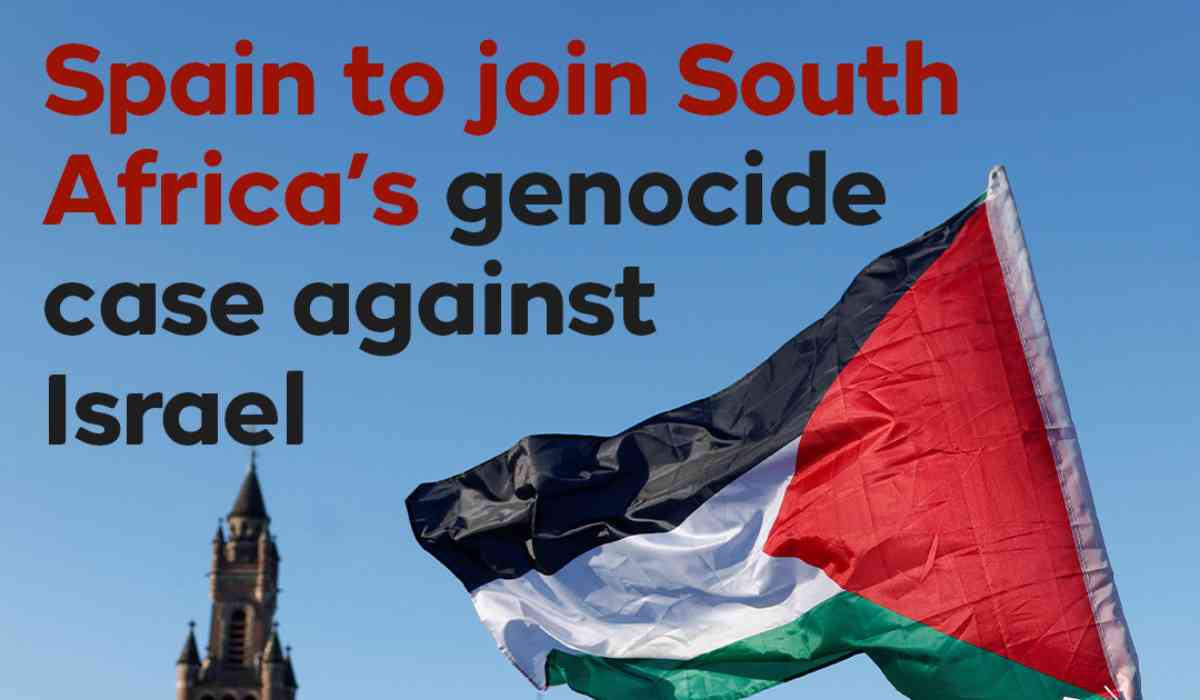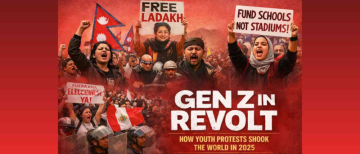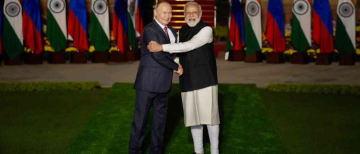Spain has decided to join South Africa in a dispute against Israel at the International Court of Justice (ICJ), in a daring and unprecedented action. Israel is accused in the lawsuit of breaking the Genocide Convention while conducting military operations in Gaza. The declaration was made on Thursday by Spain's Foreign Minister, Jose Manuel Albares, who said,
"We made this decision in light of the continuation of the military operation in Gaza."
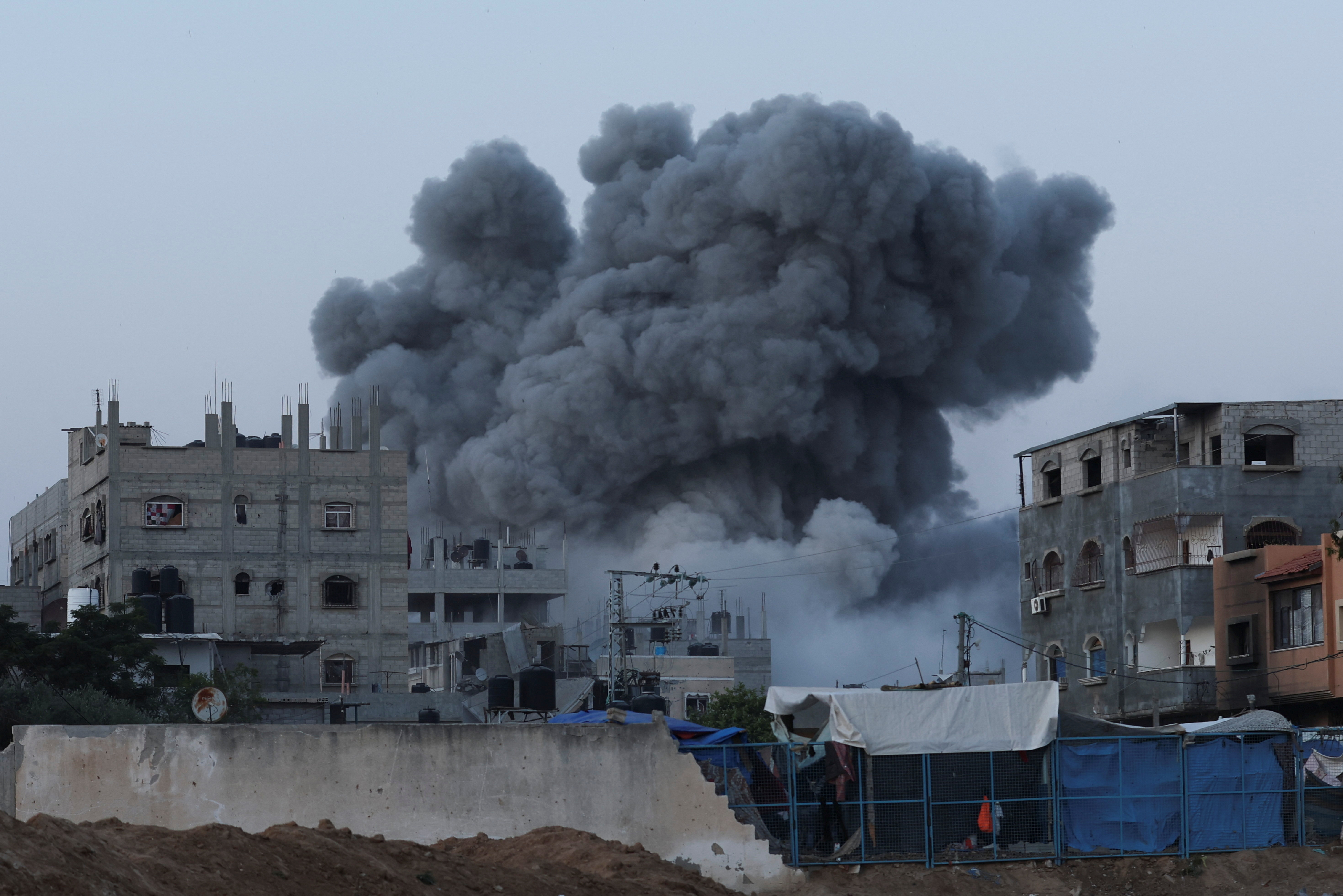
The legal case originates from Israel's ongoing confrontation with Hamas, which flared up spectacularly in October. The conflict began after Hamas launched an onslaught on southern Israel from Gaza, killing around 1,140 Israelis, according to an Al Jazeera tally based on Israeli numbers. Israel responded by launching a huge military attack on Gaza, killing around 36,500 Palestinians, according to health officials in the troubled area.
Spain's Commitment to International Law and Peace:
Albares stressed that Spain's intention to join the case stems from a commitment to international law and a wish to see peace restored in Gaza and the wider Middle East.
"Our sole goal is to put an end to the war and to advance on the road of applying the two-state solution," Albares stated.
This move came after Spain, Ireland, and Norway all recognized the state of Palestine, causing significant controversy and indignation in Israel. In retaliation, Israel recalled its ambassadors from the three countries, accusing them of "rewarding terrorism."
The International Court of Justice Case:
Late in December, South Africa filed a lawsuit against Israel, alleging that it was killing Palestinians in Gaza. Genocide is defined as acts committed to eliminate, in whole or in part, a national, ethnic, racial, or religious group. The Genocide Convention was established by the United Nations General Assembly in 1948. The primary court of the United Nations, the International Court of Justice (ICJ) is housed in The Hague and is in charge of resolving disputes between governments.
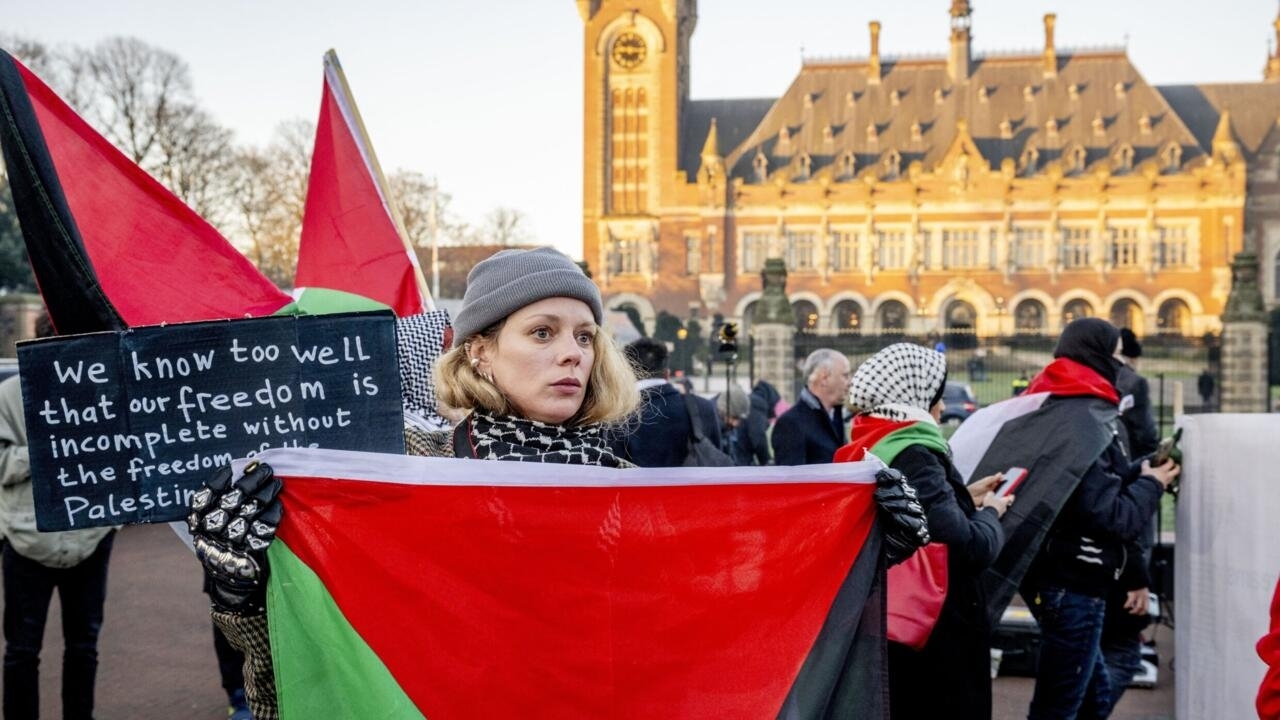
Spain's involvement strengthens the case by joining Colombia, Egypt, and Turkey in formally backing South Africa's legal challenge. While the ICJ's decisions are final and cannot be challenged, the court lacks enforcement powers, so even if the court rules against Israel, implementing the verdict will be difficult and riddled with political obstacles.
International Reactions and Implications:
The international community's reaction to Spain's choice was varied. Human rights organizations applauded the move as a step toward accountability and justice for the Palestinian people.
"Spain's decision is a significant step forward in the pursuit of justice for Gaza's conflict victims," stated a Human Rights Watch representative.
In contrast, Israel has categorically denied the allegations of genocide, calling the lawsuit unfounded. The Israeli government has accused South Africa of acting as "the legal arm of Hamas" and claims that its military operations in Gaza are permissible under international law. According to an Israeli government official,
"This case is nothing more than a politically motivated attempt to delegitimize Israel's right to defend itself against terrorism."
The geopolitical consequences of this judicial dispute are significant. Spain's decision to join the case is likely to exacerbate diplomatic tensions with Israel and may affect other nations' positions on the Israeli-Palestinian conflict. Furthermore, it highlights the increased international attention and pressure on Israel for its military operations and policies in the occupied Palestinian territories.
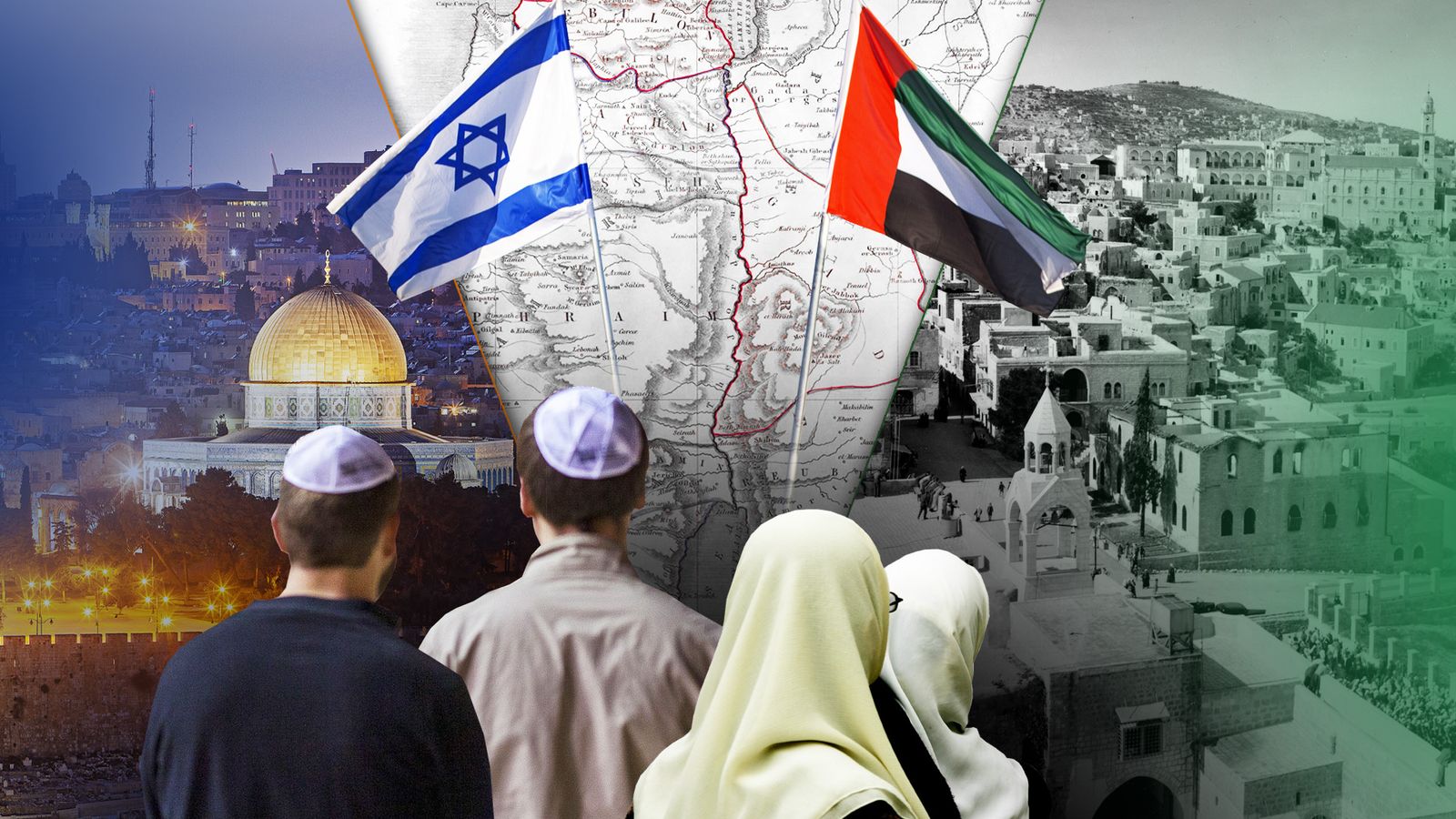
A Long Way To Go:
The International Court of Justice's ruling in the genocide case is anticipated to take years to come. The hearings will take a long time because of the political aspects of the Israeli-Palestinian conflict and the intricacies of international law. Still, the case underscores how long-lasting and divisive the Israeli-Palestinian issue is, and it marks a turning point in world legal and diplomatic affairs.
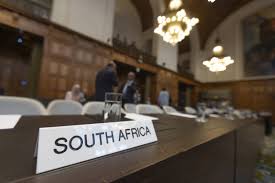
In addition to assisting South Africa, Spain's involvement in the case upholds international law norms and promotes a peaceful end to one of the longest-running and most volatile conflicts in contemporary history. As Albares pointed out,
"We also observe with enormous concern the regional extension of the conflict,"
the fighting between Israel and Gaza has wider ramifications for the stability of the Middle East.
The world will be closely following this case as it moves forward, not only to see what will happen legally but also to see how it will affect peace efforts, international relations, and the pursuit of justice and accountability in one of the longest-running conflicts in history.
With inputs from agencies
Image Source: Multiple agencies
© Copyright 2024. All Rights Reserved Powered by Vygr Media.

